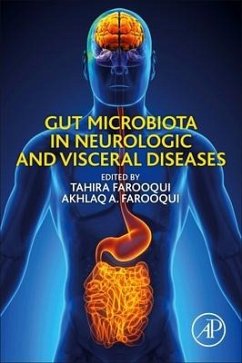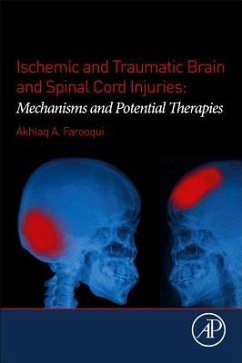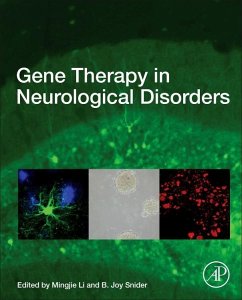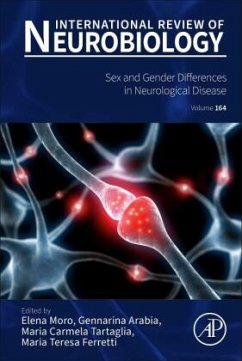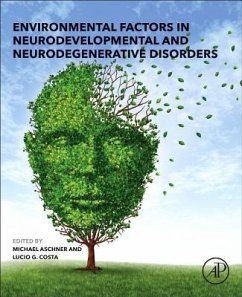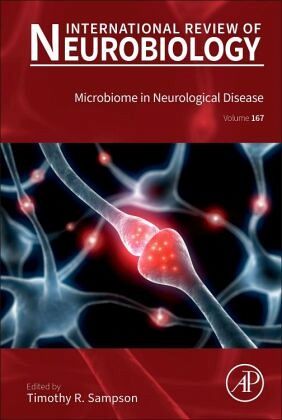
Microbiome in Neurological Disease

PAYBACK Punkte
65 °P sammeln!
Microbiome in Neurological Disease, Volume 167 in the International Review of Neurobiology series, highlights new advances in the field, with this new volume presenting interesting chapters written by an international board of authors. Section in this new release cover Intersections of the microbiome and early neurodevelopment, Microbiome influences on neuro-immune interactions, The genomes of Parkinson's disease, Experimental contributions of the microbiome to Parkinson's disease, The foundations of microbiome contributions to Alzheimer's disease, Immunologic pathways by which the gut microbi...
Microbiome in Neurological Disease, Volume 167 in the International Review of Neurobiology series, highlights new advances in the field, with this new volume presenting interesting chapters written by an international board of authors. Section in this new release cover Intersections of the microbiome and early neurodevelopment, Microbiome influences on neuro-immune interactions, The genomes of Parkinson's disease, Experimental contributions of the microbiome to Parkinson's disease, The foundations of microbiome contributions to Alzheimer's disease, Immunologic pathways by which the gut microbiota influences Alzheimer's disease, Role of the gut microbiome in Huntington's Disease, and much more.




